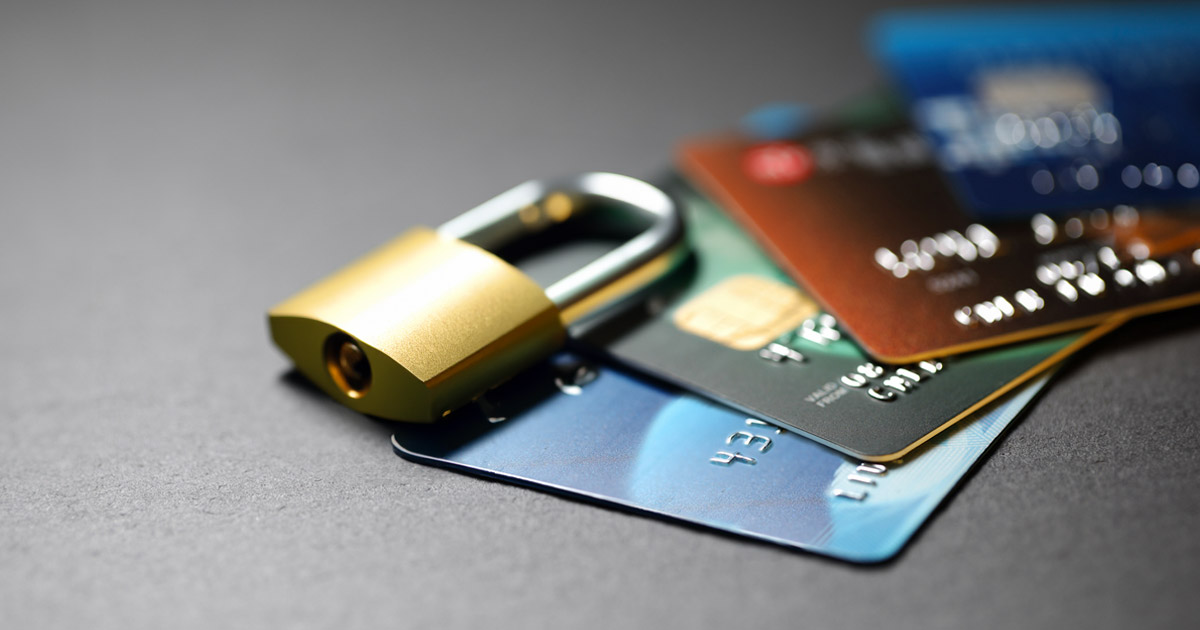How to Protect Yourself from Credit Card Fraud

Since economic problems persist, so do economic injustices, whereby vulnerable people with financial challenges are likely to suffer exploitation. However, due to the existing economic conditions on the world market, credit card fraud has receptionist a healthy ground in which to grow.
Source: Wall Street Journal Credibility: Recent figures reveal that attempted credit card theft rose to 35% in April from the same period last year in terms of dollars. Luckily, most of these scams were attempted and prevented from going through successfully to the detriment of the innocent victims.
Criminals always devise new ways to obtain personal information. While old means, such as purchasing black market lists from data breaches, continue to be used, new tactics have emerged. The Wall Street Journal describes an incident in which a customer was cold-called by someone impersonating their credit card’s fraud department.
Safeguard Your Access Codes
Financial institutions rarely make unsolicited calls, and they almost never request “one-time codes” given via email or text. Even if you’ve forgotten, these codes act as a safeguard against unwanted access to your accounts. Scammers are now attempting to collect these codes directly from you, acting as respectable companies.
Verify Before Responding
If you receive a call claiming to be from your bank, tell them you will call back and then independently verify their contact information on their official website. If the call is legitimate, you can securely reconnect. However, with high phone volumes, reaching a legitimate representative may be difficult, especially given the current economic upheaval.
Stay Vigilant
Complacency has contributed significantly to the rise in credit card fraud. With many people spending more time at home and reducing their spending, it’s easy to neglect constantly monitoring credit card accounts. Fraudsters take advantage of this break of attention, hoping to pass unlawful charges unnoticed. Even if your credit card provider reverses the charges, they will incur damages while the scammer goes unpunished.
Activate Alerts
Enabling fraud alerts or identity theft monitoring is recommended, particularly during these times. These services alert you to any questionable behavior on your credit accounts, giving you important peace of mind. While additional security measures may cause minor disruptions in your online transactions, the enhanced protection is definitely worth it.
Additional Safety Measures
Aside from these steps, keeping actual cards secure is vital. To reduce the danger of theft, never leave your card unattended or carry more than one card while shopping. Additionally, be cautious in public places to prevent opportunistic thieves from secretly capturing your card information.
Use Caution Online
When doing online transactions, verify the website’s security by looking for “https:The URLs containing the legitimate elements like “https://” followed by “www.” or “.” and not ending with “//” has to be checked and detected to avoid compromising on the phishing tricks. Report any lost or stolen cards in a bid to minimize fraudulent activities that may be conducted with the cards.
Enhance Password Security
Ensure you create a password that will be difficult for a third party to crack when accessing the online banking system and never use this password on other accounts or on other websites. Password complexity provided by the usage of letters of both lower and upper case as well as digits and special symbols lowers the probability of hackers’ penetration into your accounts.
Consider Card Signing Alternatives
While not as common as the behaviors described above, if a card member refuses to sign the back of their credit card and writes ‘PHOTO ID REQUIRED’ this may prove to be an added safety measure in environments where the retailer must verify the identity of the card holder.
In Conclusion
Cybercriminals always take advantage of the frailty that comes with any sort of economic crisis. Stay cautious and do not communicate with people you do not know and keep using simple rules of identity protection, for example, do not share your passwords, do not accept any requests from strangers for access codes and check whether the message from the bank is genuine before proceeding with the reply. Remain alert to safeguard your money from fraudulent activities.

Associate Writer • Environmental Technology and Sustainability Writer
Sophia writes articles on innovations in green technology, including ca energy, sustainable materials, and explores how technology can address environmental challenges and promote sustainability.

